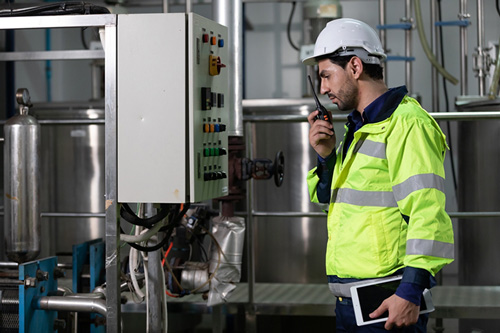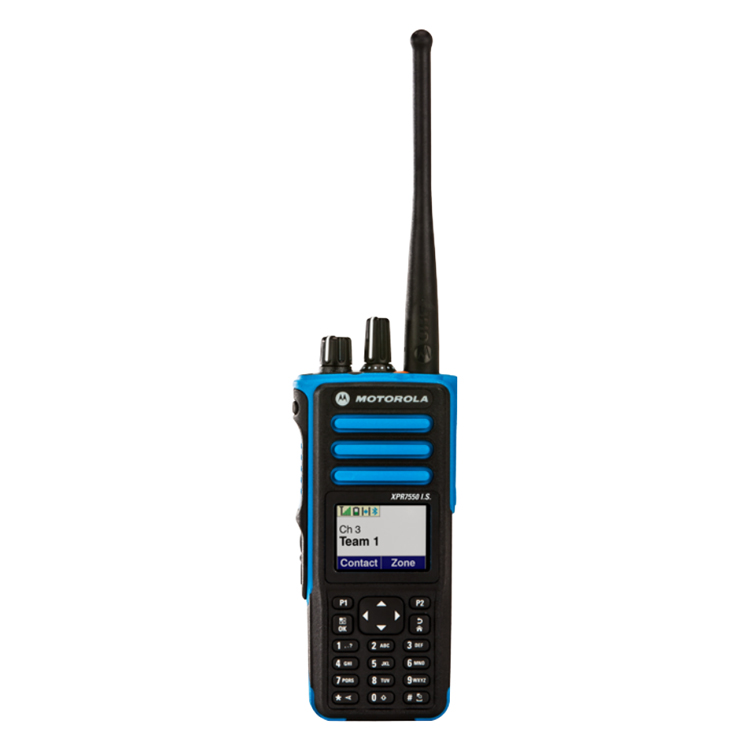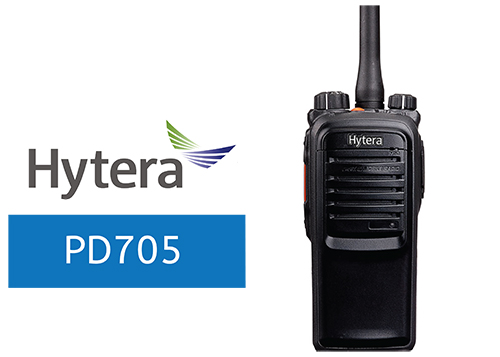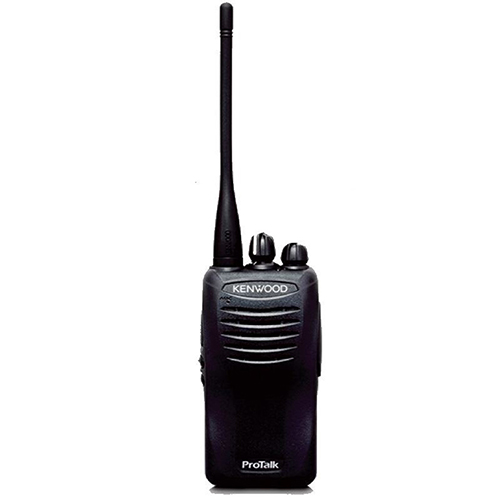Factories are places where communication is essential for the efficiency and safety of the workers and the products. Whether it is to coordinate tasks, report problems, or request assistance, workers need a reliable and effective way to communicate with each other and with the managers. That is why choosing the best radio for factories is a crucial decision that can make a difference in the performance and productivity of the factory.

But what is the best radio for factories?
There is no definitive answer to this question, as different factories may have different needs and preferences. However, there are some factors that can help you narrow down your options and find the radio that suits your factory best. Here are some of the factors that you should consider when choosing a radio for factories:
- Frequency: The frequency of the radio determines how well the radio signal can travel and penetrate through obstacles, such as walls, machines, or metal structures. Generally, there are two types of frequencies: UHF (Ultra High Frequency) and VHF (Very High Frequency). UHF radios have higher frequencies and shorter wavelengths, which means they can penetrate better through solid objects, but have a shorter range. VHF radios have lower frequencies and longer wavelengths, which means they can travel farther, but have a harder time penetrating through solid objects. For factories, UHF radios are usually recommended, as they can provide better coverage and clarity in indoor environments.
- Power: The power of the radio determines how far the radio signal can reach and how loud the audio can be. The power of the radio is measured in watts, and the higher the wattage, the stronger the signal and the louder the audio. However, higher wattage also means higher battery consumption and higher cost. For factories, the optimal power of the radio depends on the size and layout of the factory, as well as the noise level of the environment. Generally, a power of 4 to 5 watts is sufficient for most factories, but larger or noisier factories may need higher power radios.
- Features: The features of the radio determine what functions and capabilities the radio can offer, such as voice and data communication, text messaging, GPS location, Bluetooth connectivity, emergency alert, and more. The features of the radio can enhance the communication and productivity of the workers, as well as the safety and security of the factory. However, more features also mean more complexity and cost. For factories, the essential features of the radio are: voice communication, text messaging, emergency alert, and noise cancellation. Other features may be optional or desirable, depending on the needs and preferences of the factory.
Based on these factors, some of the best radios for factories are:
- Motorola XPR7550 IS Portable Two-Way Radio (CSA): This is a digital radio that works with the MOTOTRBO system, which offers enhanced voice and data capabilities, such as GPS location, text messaging, and emergency alert. This radio is certified as intrinsically safe by CSA (Canadian Standards Association), and has a rugged and ergonomic design, with an IP57 rating for dust and water resistance. This radio also has a loud front-facing speaker, a full-colour display, a full keypad, and a transmit interrupt feature.

- Hytera PD705: This is a digital radio that works with the DMR system, which offers similar features and benefits as the MOTOTRBO system. This radio is certified as intrinsically safe by ATEX (Atmospheres Explosibles), which is a European directive for equipment used in explosive atmospheres. This radio also has a noise cancellation feature, which reduces the background noise and enhances the voice clarity.

- Kenwood TK-3402U16P: This is an analog radio that works with the UHF frequency, which provides better penetration and coverage in indoor environments. This radio has a power of 5 watts, which provides a strong signal and a loud audio. This radio also has a voice scrambler feature, which provides privacy and security for the communication.

These are some of the best radios for factories, but they are not the only ones. There are many other radios that can meet the needs and preferences of different factories, and you should do your own research and comparison before making your final decision. You should also consult with a professional radio dealer or service provider, who can offer you more advice and guidance on choosing the best radio for your factory.
I hope you enjoyed this article and learned something new about radios and factories. If you have any questions or comments, please feel free to leave them below. Thank you for reading!

